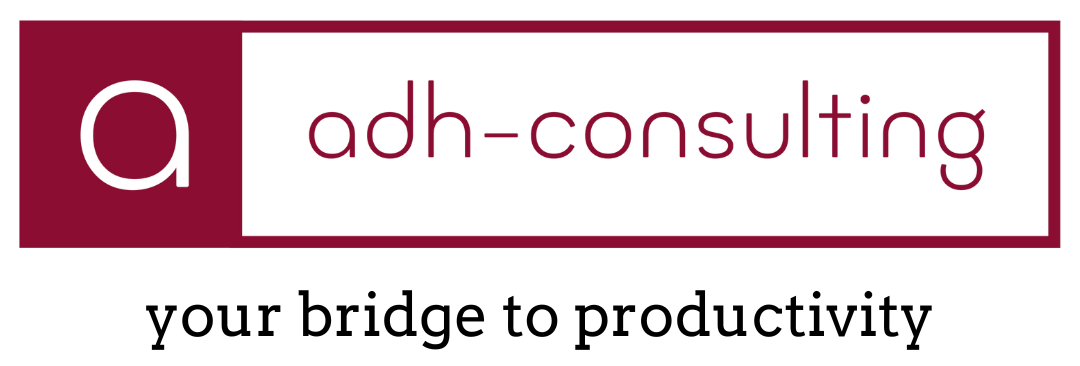Is your house in order - Hiring
Staffing is one of the many challenges facing a small law firm. Smaller firms don’t have the financial resources to hire people to handle everyday management of the firm, such as bookkeeping (A/R, Billing, Payroll), facility maintenance and marketing- to name a few. You also need to manage the clients and their matters, too! In smaller firms, fewer people end up wearing many hats to keep everything running.
Help Wanted: When deciding to hire support staff, you should first determine what is your greatest need to support the firm. Are you getting the work processed, but not getting the billing out or the bills paid timely? Then maybe you should look for someone who has bookkeeping experience. Maybe you are trying to launch you firm brand, but don’t have time to push your social media platforms. Finding someone who is proficient in this area may be the way to go.
When hiring, look for someone who has the capacity to learn and grow. They don’t have to come to the table with knowledge on how to support a legal practice. They should be strong in at least one key need for your firm and can grow from there. I have worked with many talented individuals who did not have any legal background, but because of their skill sets, turned out to be rock stars in the legal field!
Before placing that “Help Wanted” ad, determine these things:
What is my immediate need for the firm?
Is this position full-time or part-time? When will I need them the most?
What will be their expected responsibilities at the time of hire?
What will I want them to handle in the future?
Does the firm have the time (or knowledge) to train and teach them this position?
What is my management style?
What can the firm afford to pay for this position?
A clear vision before you start the hiring process will help you determine the qualifications that you are looking for when reviewing all...those...résumés.
The Interview: There are many interviewing styles. A structured interview is where you ask each candidate the exact same set of questions. An unstructured interview flows like a conversation from one topic to the next. Situational interviews discuss how a candidate would handle certain scenarios or situations and a behavioral interview asks how a candidate handled or behaved in job-related situations. Most interviews end up combined elements of each of these styles. Before sitting down with a potential candidate, be sure to review their résumé and note items that you would like to further discuss.
You can structure your interview a variety of ways; however, if you are new to the interviewing process, below is a good format to follow:
Greet the candidate and give them an overview of the firm, a clear job description and expectations of the position.
Ask questions and discuss various items of interest off their résumés which relate to the job being offered.
You may not ask questions which may refer to a candidate's disability, family status, gender, sexual orientation, nationality, race or religion. Although, this information may be offered by the candidate during the interview, refocus the conversation back to their qualifications for the position.
Give the candidate an opportunity to ask questions about the position or the firm. Be prepared to discuss potential questions about working environment, training and benefits.
Conclude the interview by asking any follow up questions that may be related to the position being offered.
Hiring: Once you have narrowed down your candidates, it is time to make the offer. Be prepared to discuss the following with your potential new employee:
Pay rate. This may be open to negotiation due to benefits being offered. However, you should have an amount in mind that you can discuss.
Benefits. There may not be many to offer, but know if you are offering any insurance coverage, paid time off, paid parking, etc.
Probationary Period. Will there be a probationary period for the new employee before benefits are available to access? Inquiring minds will need to know.
Start Date. Be sure you have enough time to get everything set up and prepared for their arrival, i.e. workspace and computer. Pick a realistic start date for you and your new hire.
Have a No. 2. Not all job offers are accepted by your first-choice candidate. It is good to have a least one backup candidate that you feel would be a good fit as well.
Congratulations! You’ve hired someone to help you and your firm keep moving forward. It’s time to prepare for on boarding your new employee.
Don’t forget to send out letters/emails to the candidates that did not make the cut. Rejection letters are not fun to send, but don’t leave them hanging. It is an appreciated gesture.
Contact me to help you with the hiring process for your firm or any other matters regarding managing your law practice. I look forward to working with you.
adh-consulting, llc is a consulting firm which supports solo and small law firms in making their practices efficient and effective through admin/office management, metrics and training.
